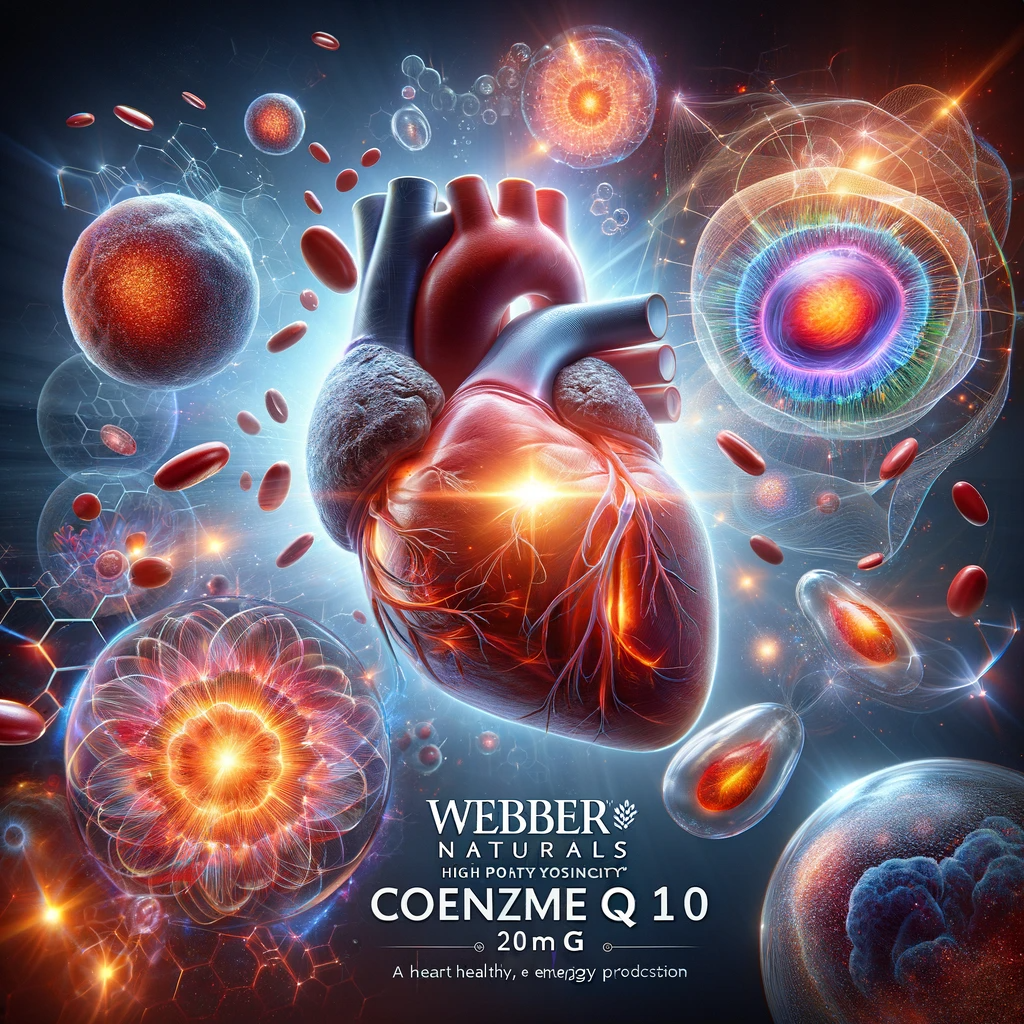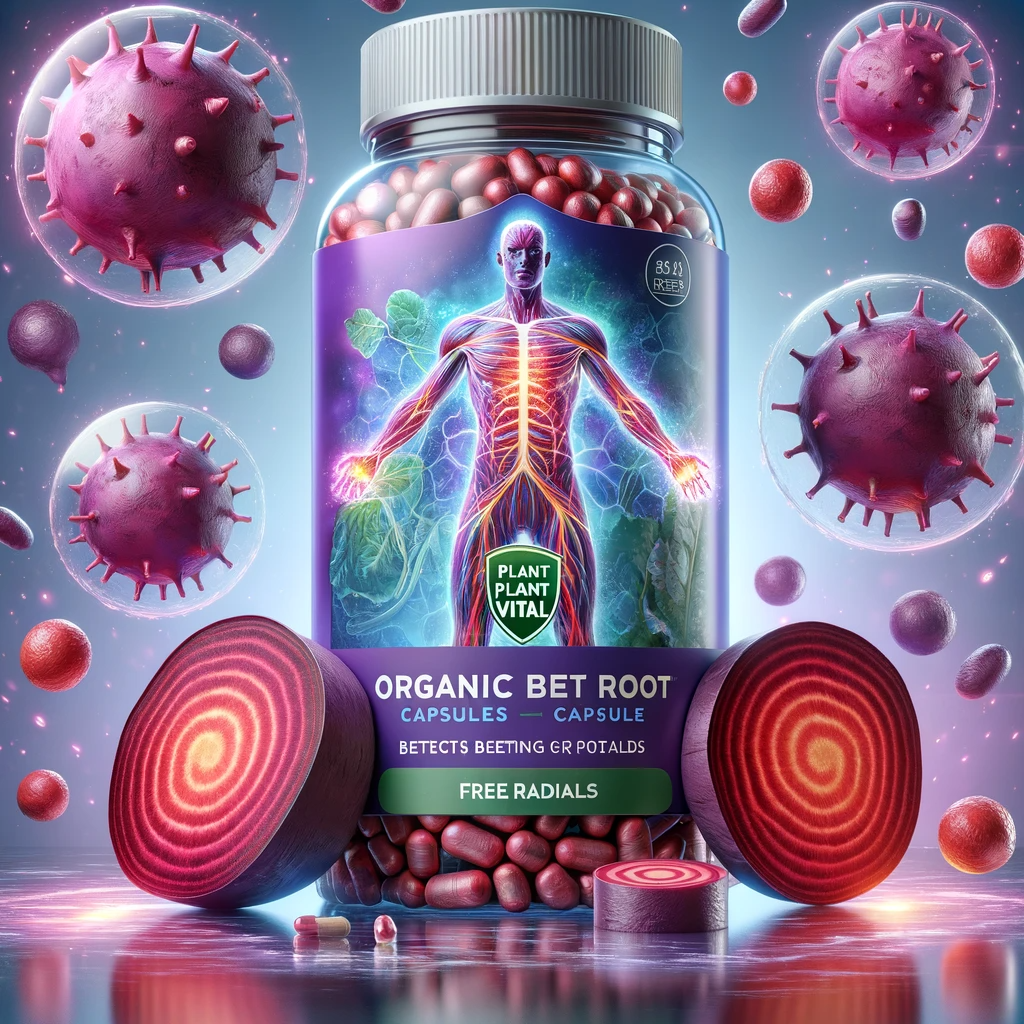Definition
Free radicals with unpaired electrons can harm the skin and other tissues. They are highly reactive and unstable. To clarify, they damage cells by stealing electrons from healthy molecules.
Expanded Explanation
Naturally occurring reactive molecules in the body, often a byproduct of metabolism, can lead to skin issues, premature aging, and inflammation. External elements like pollution, stress, and UV exposure intensify the production of these damaging agents. Antioxidants are essential in counteracting these reactive molecules, safeguarding against their harmful impact. This crucial balance between antioxidants and these reactive agents is vital to preserving health and skin integrity.
Sources of Free Radicals
Some familiar sources include:
- Environmental factors: Pollution, radiation, and cigarette smoke are known to contribute to the formation of free radicals.
- Sun exposure: UV radiation from the sun can create free radicals, which can damage skin cells and accelerate aging.
The Role of Antioxidants
Free radicals cause cellular damage. Antioxidants neutralize them by donating an electron. Maintaining skin health and preventing premature aging requires antioxidants. These molecules play a key role in combating signs of aging caused by cellular damage from unstable atoms.
Examples
Example 1: Exposure to air pollution can increase free radicals, causing oxidative stress and skin damage.
Example 2: Sunscreen not only protects against UV radiation but may also contain antioxidants to counteract free radical damage.
Related Terms
Oxidative Stress: Cells can suffer damage from an imbalance between the body’s detoxifying processes and the production of harmful free radicals. This imbalance leads to health issues known as oxidative stress, which can result from internal metabolic processes and external factors like pollution and radiation.
While the body has natural mechanisms to counteract these reactive molecules, insufficient detoxification can lead to oxidative stress, affecting skin health and causing premature aging and inflammation. The article also underscores the role of antioxidants in protecting against skin damage from this oxidative imbalance.
Antioxidants: The article describes antioxidants as crucial in protecting the skin and body from oxidative stress caused by free radicals. Antioxidants found in fruits, vegetables, and skin care products help fight against harmful effects from environmental pollutants and UV radiation. The article further explains how incorporating antioxidants into skincare routines helps maintain skin health, reduce inflammation, and ensure a youthful appearance.
Visual and Product Aids
External Resources
What are Free Radicals? – MyHealth.Alberta.ca: The post explains that free radicals are atoms or molecules with unpaired electrons, making them highly reactive and potentially harmful to cells. These reactive species, generated through normal bodily processes, medication breakdown, or exposure to pollutants, contribute to age-related health issues and cell damage. The importance of antioxidants in neutralizing and mitigating the adverse effects of free radicals is emphasized, highlighting their abundance in natural foods like fruits and vegetables.
Free Radicals and Skin Aging – NLM: The National Library of Medicine article details how human skin, exposed to various environmental factors like solar radiation and pollutants, generates free radicals and reactive oxygen species (ROS). These contribute to oxidative stress, leading to skin damage, aging, and cancer. It emphasizes that up to 80% of skin damage is attributed to UV radiation. The article also discusses the body’s endogenous protective mechanisms, like melanin and enzymatic antioxidants, and the benefits of consuming antioxidants. It underscores the importance of sun protection and topical antioxidants in combating skin damage caused by free radicals and ROS.
Related Articles
How to Choose the Right Antioxidant Serum for Your Skin Type: The article on Sunny Days Go provides a comprehensive guide on selecting the suitable antioxidant serum for different skin types. It emphasizes the importance of antioxidants in protecting skin from environmental stressors and free radicals. The article includes tips for identifying skin type, antioxidant serums’ benefits, and choosing one based on ingredients, concentration, and texture. It also offers tailored advice for dry, oily, combination, and sensitive skin types, recommending suitable products for each.
Your 5 Best Sunscreens For Dry Skin Protection: The article offers a guide to choosing sunscreens for dry skin. It highlights the importance of ingredients that moisturize and protect against UV rays. The article discusses the benefits of sunscreens with antioxidants to combat free radicals and suggests options for broad-spectrum protection. It also provides recommendations for different brands and types of sunscreens, emphasizing those with moisturizing benefits and suitability for dry skin.


